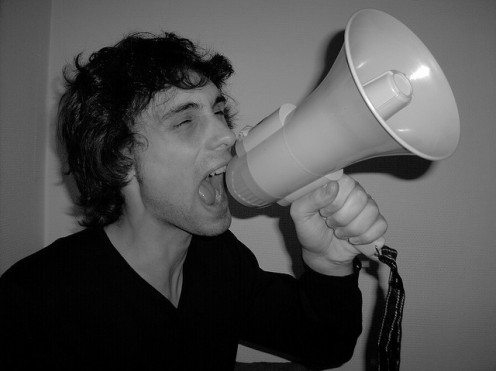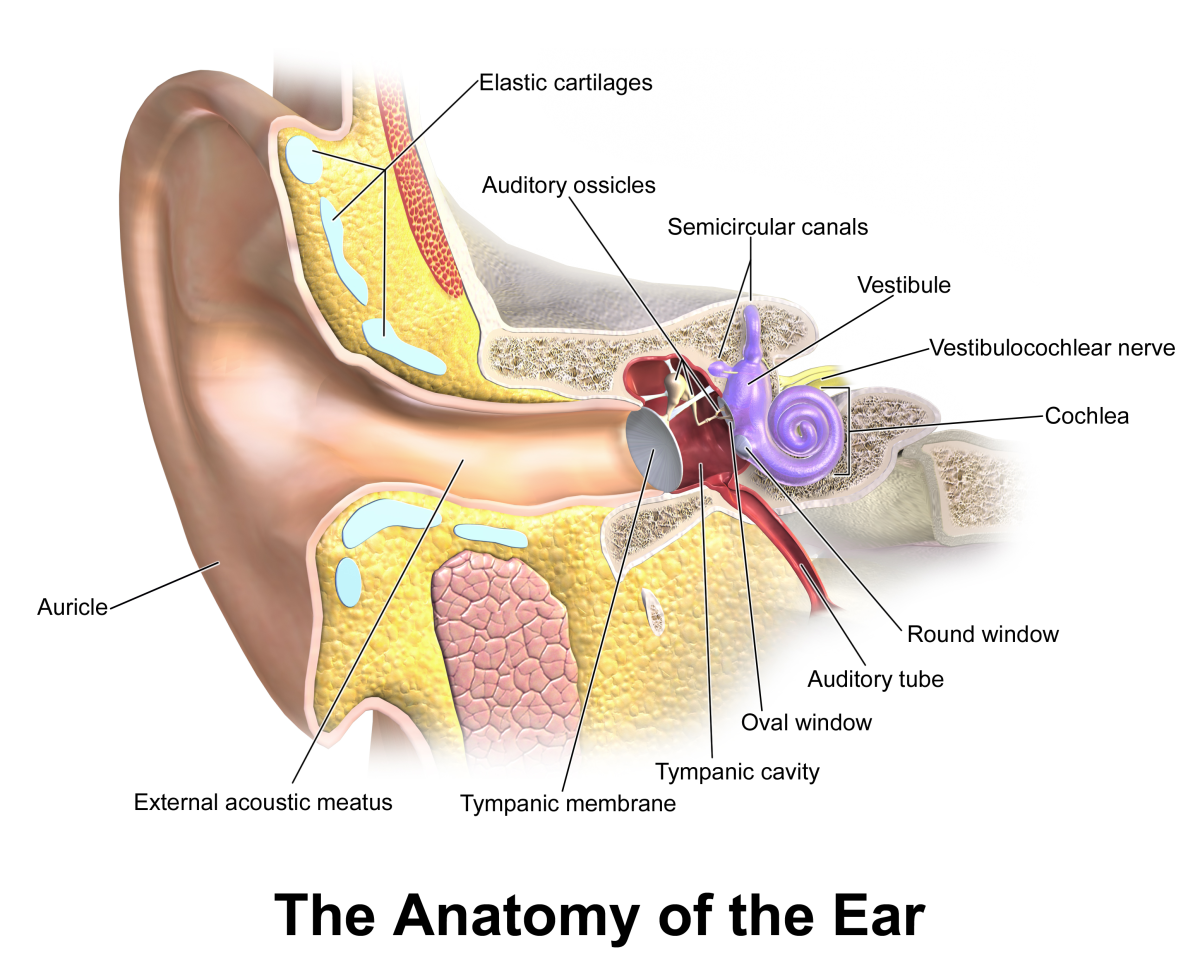How to Talk to People With Hearing Loss

Communicating with Someone Who Has Hearing Loss
Suffering from hearing loss is difficult and very frustrating for everyone involved. That means not only the person who has a hard time hearing but those around them who are trying to communicate with them.

Proper Communication Skills When Dealing With Hearing Loss
Although a variety of assistive hearing devices are available, they don’t always work as intended depending on the progression of the hearing loss. Even when a person utilizes hearings aids for instance, it is critical that others use good strategies when engaging in communication to maximize the effectiveness.

Tips to Communicate When Someone Has a Loss of Hearing
Get Their Attention
Before even beginning to speak, be sure to have the attention of the listener. Use their name if necessary to be sure they know you are speaking to them.
Reduce Background Noise
It is important to eliminate background noise as much as possible. Be sure to turn off televisions and radios. Move to a different location if there is a background noise such as a dishwasher running. If you are out in public trying converse in a crowded location, try to find seating without much distance in between. Try to arrange sitting across from the hearing impaired person to be able to look at each other face to face.
Only One Person Should Speak at a Time
More than one person trying to speak at the same time, or talk over each other when conversing with a person who has hearing loss, will be confusing and have the potential of misinterpretation.
Speak Every Word Clearly
Keep these things in mind to be sure that you are communicating clearly.
- Do not mumble.
- Do not cover your mouth with your hands.
- Do not smoke when talking.
- Do not eat or chew gum when trying to speak.
- Directly face the person.
- Speak slowly.
- Speak clearly.
- Never try to shout something from another room where the listener cannot visually see you.

Talk Loudly
When speaking to someone with hearing loss, it may be necessary to speak more loudly than you normally would. Do not shout as it can distort your words. Simply annunciate your words clearly.
Repeat Your Words
Sometimes, people with hearing loss give you a sign such as shaking their head, nodding to let you know they understand what you have said. But that is not always the case. Be sure to repeat yourself if you feel it is necessary.
Rephrase Your Words
If you feel your words were not understood, it may be easier if you rephrase what you are trying to say into shorter words and sentences. Do not talk too fast and use sentences that are too complex.
Use Facial Expressions and Hand Gestures
Using facial expressions, hand gestures and body language will also add to the communication being properly understood.
Good Lighting
When conversing with someone who has hearing loss, be sure to sit or stand in a location where there is good lighting. Allow the person to see your face clearly so they can lip read if they are able. Be sure the light is on the speaker’s face and not bothersome to the listener.
Communicating With a Hearing Impaired Person in a Group Setting
Be sure that the listener understands the general topic of conversation. Try not to suddenly change the topic. If necessary, repeat key pieces of the conversation to be sure they are understood.
Use Written Communication if Necessary
If you are trying to communicate important information such as a work assignment, deadlines, schedules, directions, etc., repeat the information in writing.

Be as Understanding as Possible When Communicating With Someone Who Has Hearing Loss
Even though you may feel frustrated and even begin to get angry trying to speak with a person who has hearing loss, try for a moment to put yourself in their shoes. Help them cope by not showing your frustration. Rephrase and change the words for what you are trying to convey. Be understanding and have patience.

Interesting Facts about Hearing Loss
- Over 90% of deaf children are born to hearing parents
- Hearing aids do offer dramatic improvement for most people with hearing loss
- Listening to extremely loud music can cause permanent hearing damage over time
- It is estimated that approximately 12% of Americans have significant hearing loss
- At least 14% of people age 45-64 have some type of hearing loss; that number rises significantly to 30-40% in those over 65
- “Speech-reading” is the current term used more often than “lip-reading”

Final Thoughts on How to Talk to People with Hearing Loss
If you are communicating with someone who you know has better hearing in one ear than the other, position yourself accordingly.
One important thing to keep in mind is to always have a good sense of humor. This will help eliminate a build-up of frustration.
If you feel the person with hearing loss would benefit from an appointment with a physician, please help them do so.
This is Sharyn’s Slant








